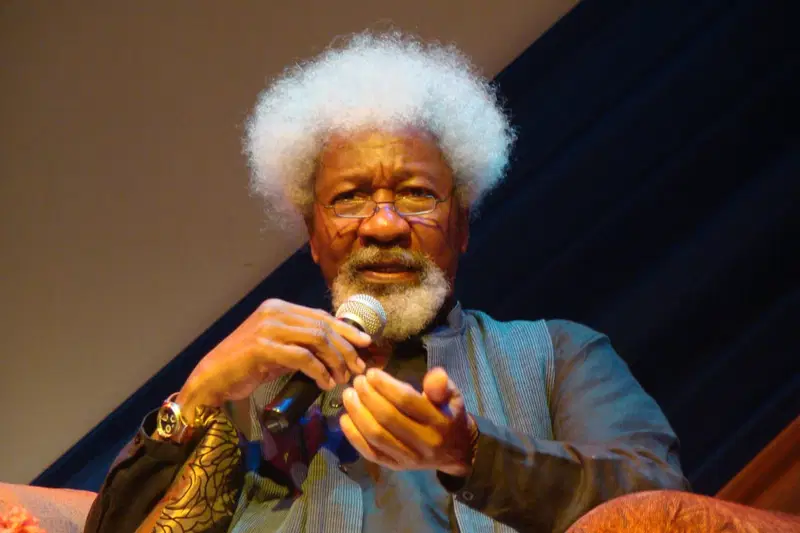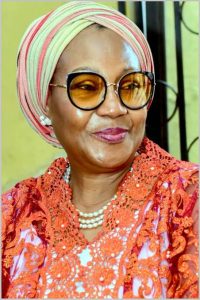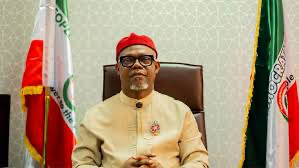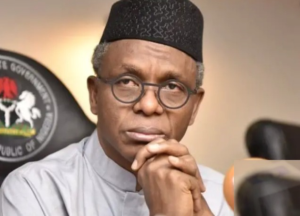
Nobel Laureate Wole Soyinka has revealed why he accepted the renaming of the National Theatre in Lagos after him despite his long-standing criticism of naming public monuments after individuals.
The National Theatre, located in Iganmu, Lagos, has been renamed the Wole Soyinka Centre for Culture and the Creative Arts by President Bola Tinubu.
At the reopening and rededication ceremony of the refurbished building, Soyinka expressed mixed emotions about the honour, admitting that he had criticised the practice of personal appropriations of public monuments by past leaders, where everything seems named after themselves.
He said, “I have been guilty of saying other people do not merit this kind of monumental dedication, and then I had to stand up in public and watch my name being put up as yet another appropriator. It just didn’t seem well with me.”
He also modestly noted that about 25% of monuments, whether buildings or roads in Nigeria, truly deserve such recognition. Reflecting on Nigeria’s theatre history and pioneers like Hubert Ogunde and Adam Fiberesima, Soyinka felt that “somebody has to carry the can.”
Soyinka shared a nostalgic connection to the National Theatre, recalling its original construction during the military era and its significance during FESTAC ’77. He lamented the building’s long decline, once describing it as “irredeemable” and “like a slum.” He even joked about advising the government to blow it up due to its dilapidated state.
However, he praised the recent transformation, saying, “If eating one’s words produces a morsel like this, then it’s a very tasty set of words.” The refurbishment was largely funded by the Bankers’ Committee, which committed approximately N68 billion to bring the edifice up to global standards.
Soyinka expressed hope that the renewed National Theatre, now the Wole Soyinka Centre for Culture and the Creative Arts, would serve as a vibrant hub for African arts and culture, allowing Nigerians to experience world-class theatre at home.
President Tinubu, who officiated the reopening, emphasized the importance of the cultural renaissance represented by the transformation and urged Nigerians, especially the youth, to come together and work towards the country’s greatness.
This renaming stands as a symbol of Nigeria’s cultural revival and a tribute to Soyinka’s enduring contributions to literature, human rights, and global cultural discourse.








